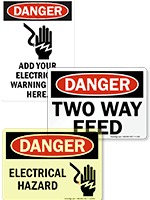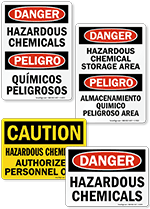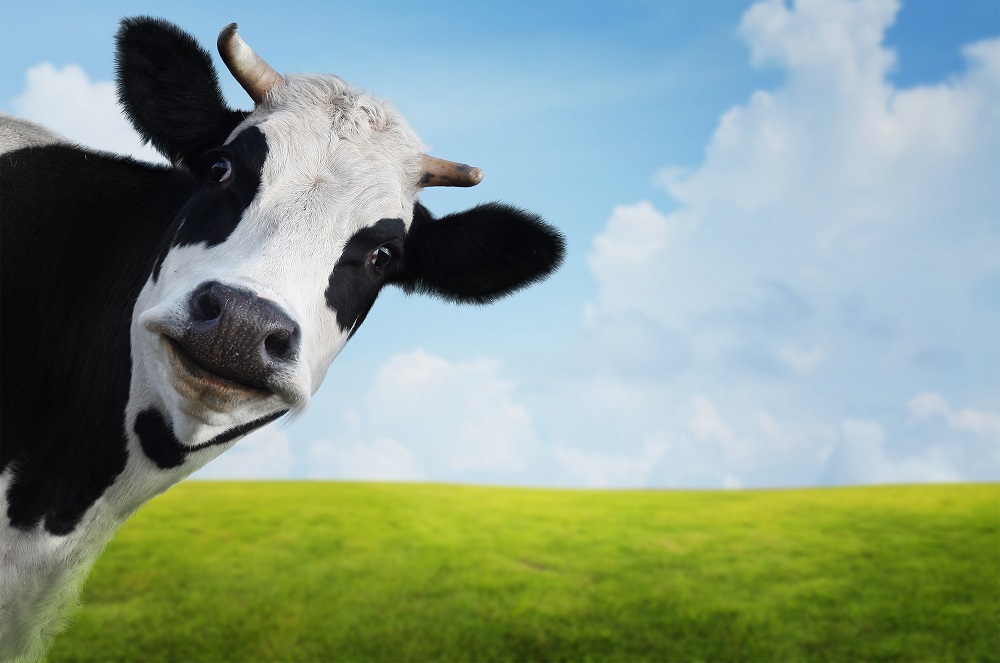Where’s the (safe) beef?
The new year is igniting fresh debate between the U.S. and Europe surrounding the safety of imported beef.
After a 16-year ban on beef from Europe, it was announced earlier this month that Ireland had passed U.S. inspections, clearing the way for Irish beef to reach American store shelves.
The U.S. enacted the ban in 1997, due to an outbreak of mad cow disease across Europe. The consumption of meat tainted with the disease is believed to cause fatal neurological disorders. The ban was lifted last March, and U.S. authorities inspected Irish beef-processing facilities last July. According to the Irish Times, the Irish-based company ABP Foods is finalizing a contract that would bring its beef to Whole Foods stores.
As the New York Times reports, beef from Ireland’s grass-fed cows could find a market among U.S. consumers who are increasingly wary of the artificial growth hormones that are administered to two-thirds of American livestock.
According to the U.S. Food and Drug Administration, several steroid hormone drugs – including natural estrogen, progesterone, testosterone and their synthetic versions – have been implanted or fed to cattle and sheep since the 1950s, with the goal of increasing their “growth rate and the efficiency by which they convert the feed they eat into meat.”
While the FDA says the drugs do not pose any danger to humans, the animals or the environment, some studies have linked the hormones to increased cancer risk and other developmental disorders.
In Europe, many consumers and restaurant owners are concerned this “hormone-treated, chemically sanitized or genetically modified” food from America could soon land on their plates. Methods such as sanitizing poultry in chlorinated water and feeding growth hormones to cattle are banned in the European Union, along with the import of meat and poultry from countries that allow these methods, including the U.S. But there is fear that a potential free-trade deal between the European Union and the U.S. could change that. The parties have been negotiating details of the Transatlantic Trade and Investment Partnership (TTIP) since 2013, and another meeting is scheduled for early February in Brussels.
The 27 countries in the union, however, have faced their own issues regarding what’s in their beef. In 2013, plants in several countries – including a facility that was owned by ABP Foods – were found to have produced beef products containing horse meat and traces of an equine painkiller.
Category: Food Safety












